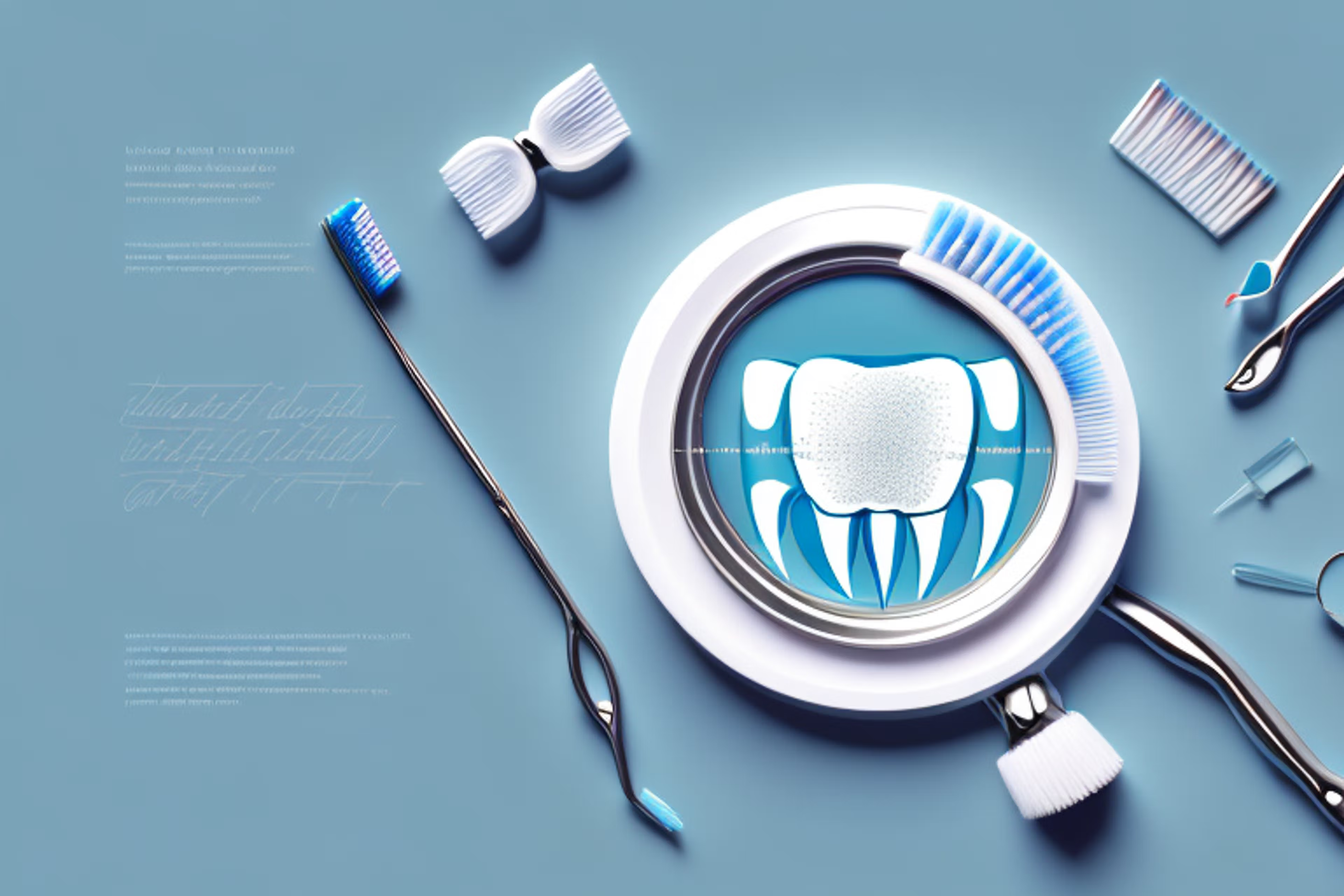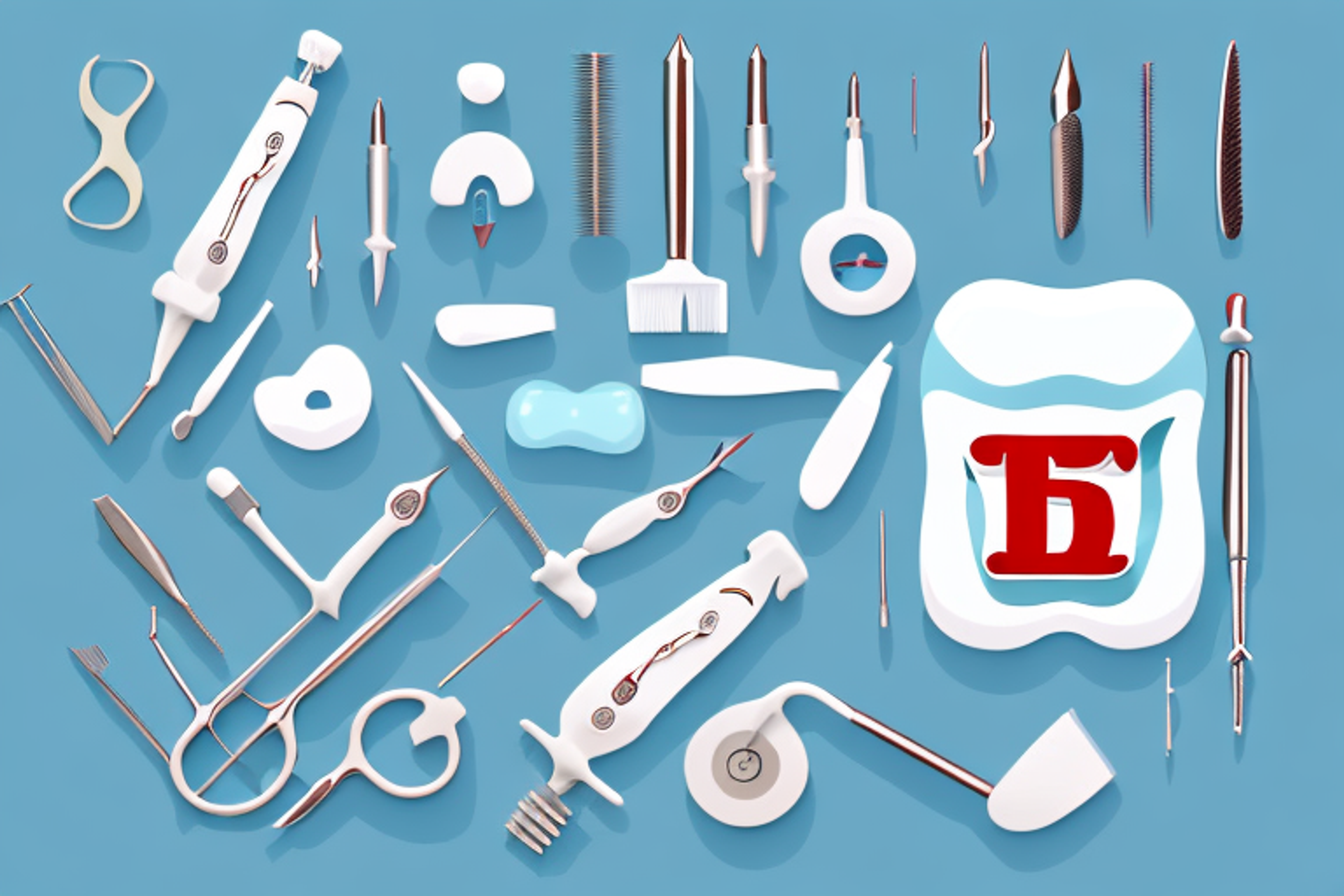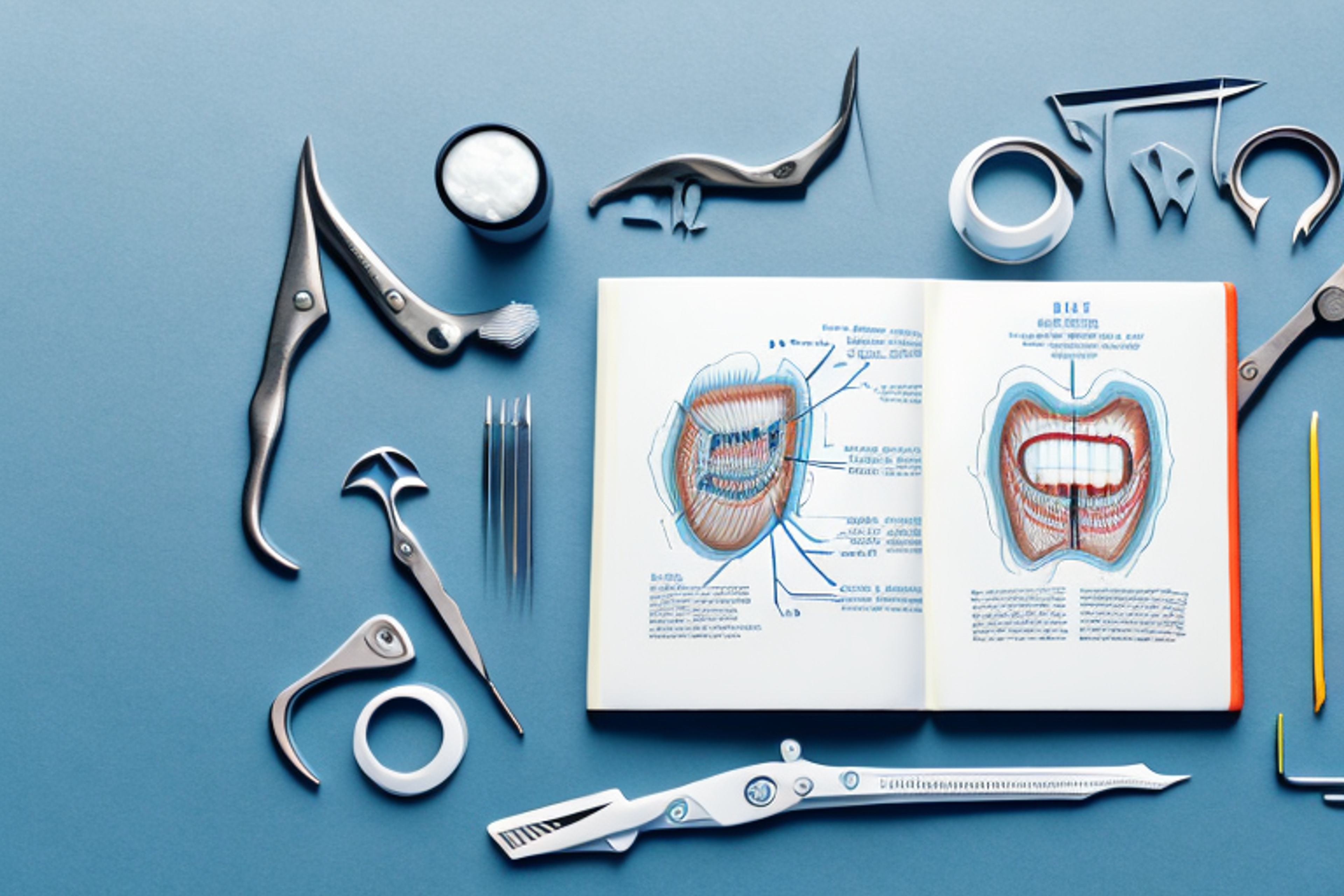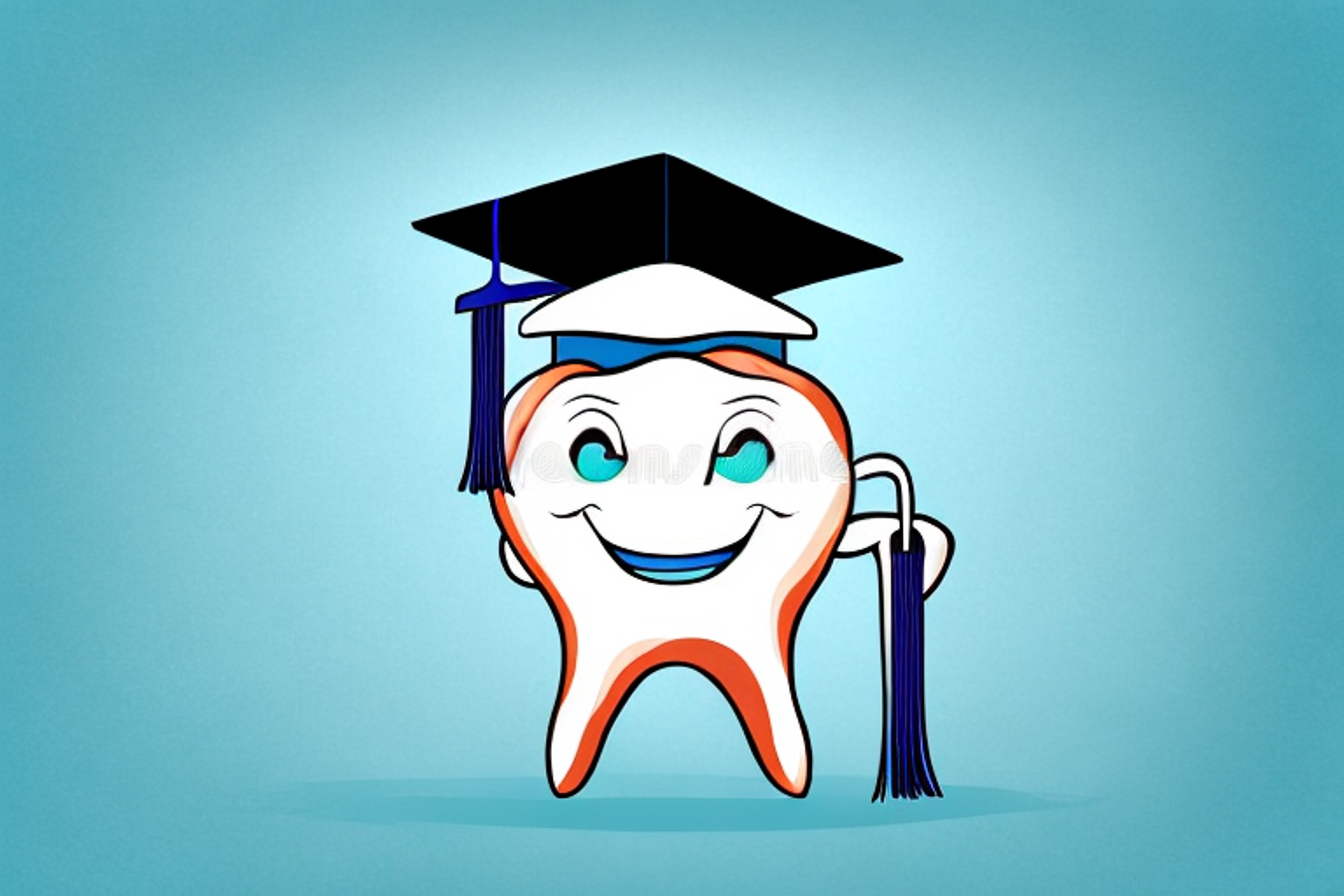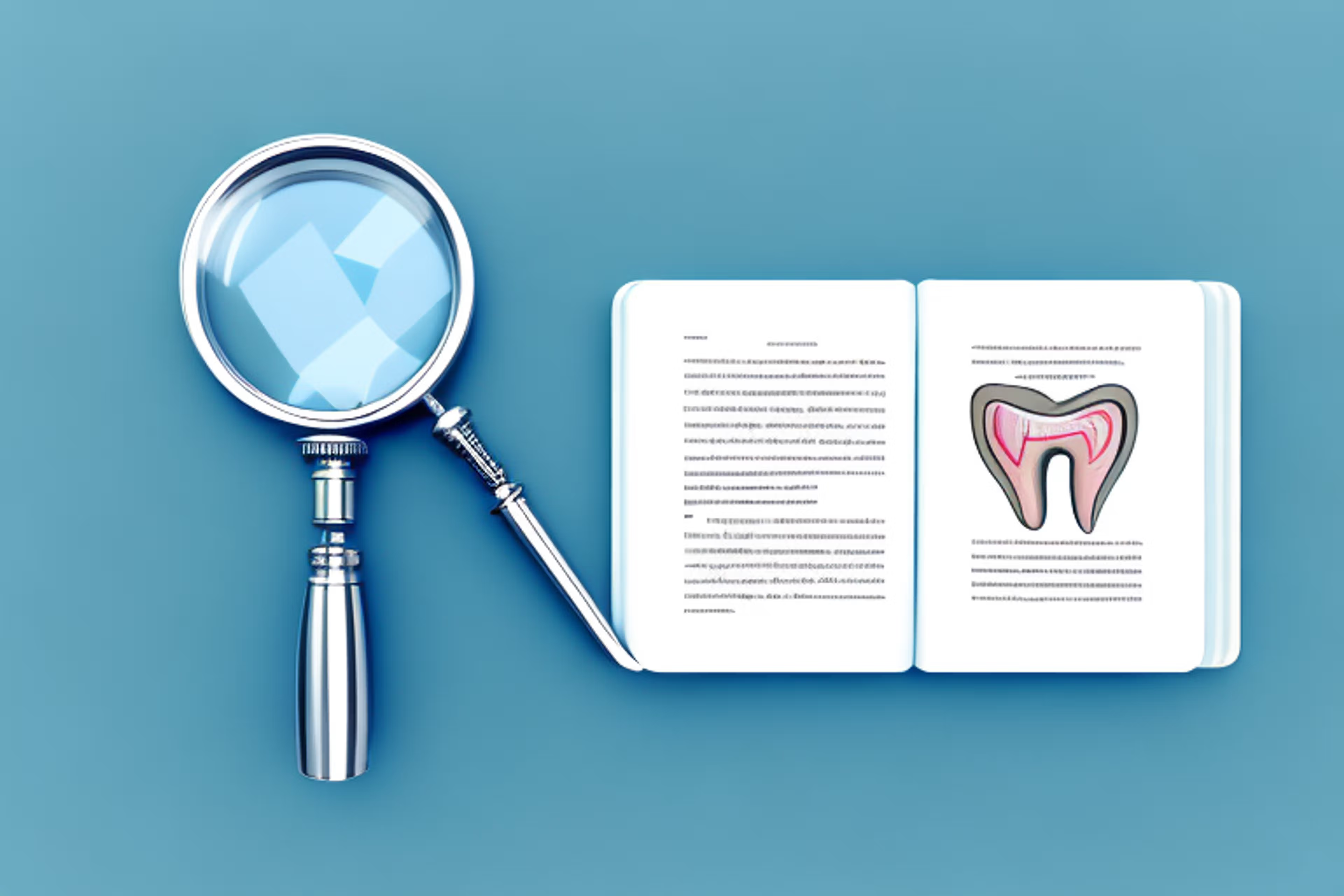
Table of Contents
Becoming a dentist is a noble profession that requires dedication, hard work, and determination. One of the key steps towards achieving this dream is acing the Dental Admission Test (DAT). In this guide, we will take a comprehensive look at the DAT, providing you with the strategies and resources you need to succeed.
Introduction: Why the Dental Admission Test Matters
The DAT is a standardized exam that measures the academic aptitude of aspiring dental students. The test is designed to evaluate your knowledge and ability in four core areas: biology, general chemistry, organic chemistry, and perceptual ability. Your DAT score, along with other factors like your grades and extracurricular activities, will be considered when applying to dental school. Thus, preparing well for the DAT is crucial if you want to secure a spot in a top dental program.
It is important to note that the DAT is not the only factor that dental schools consider when evaluating applicants. Admissions committees also take into account personal statements, letters of recommendation, and interviews. However, a strong DAT score can greatly improve your chances of being accepted into a competitive dental program. Additionally, a high score can also lead to scholarship opportunities and other forms of financial aid. Therefore, it is in your best interest to dedicate ample time and effort to preparing for the DAT.
Understanding the Dental Admission Test: Format and Content
The DAT consists of four multiple-choice sections, as mentioned earlier: biology, general chemistry, organic chemistry, and perceptual ability. In addition, there is a reading comprehension section, as well as a quantitative reasoning section. The test takes roughly four hours to complete, including optional breaks. Understanding the test format and content is the first step towards effective preparation.
It is important to note that the DAT is a computer-based test, meaning that all answers are entered using a keyboard and mouse. This can be a significant adjustment for those who are used to taking paper-based tests. Additionally, the test is scored on a scale of 1-30, with a score of 18 or higher considered competitive for dental school admissions. It is recommended that students begin preparing for the DAT at least three months in advance, utilizing study materials such as practice tests and review books.
Preparing for the Dental Admission Test: Key Strategies and Resources
There are many strategies and resources you can use to prepare for the DAT. Some of the most effective ones include taking practice tests, creating a study plan, using study materials like review books and flashcards, and enrolling in a test preparation course. When selecting a test prep course, it is important to consider factors like cost, instructor experience, and course duration. Additionally, it is highly recommended that you give yourself enough time to study and avoid cramming.
Another important strategy for preparing for the DAT is to familiarize yourself with the test format and content. The DAT consists of four sections: natural sciences, perceptual ability, reading comprehension, and quantitative reasoning. Each section has a specific number of questions and time limit. By understanding the test format and content, you can focus your study efforts on areas where you need the most improvement.
It is also helpful to connect with other students who are preparing for the DAT. Joining a study group or online forum can provide you with additional resources and support. You can share study tips, ask questions, and receive feedback from others who are going through the same process. Additionally, discussing difficult concepts with others can help you better understand and retain the information.
Developing a Study Plan: Tips for Organizing Your Time Effectively
A well-planned study schedule is key to achieving success on the DAT. When developing a study plan, you should start by identifying areas where you need the most improvement, as well as your learning style and pace. You should then create a timeline that includes specific goals and deadlines, with enough time built in for review and practice. Sticking to your study plan requires discipline and focus, but the payoff is worth it.
Another important aspect of developing a study plan is to prioritize your tasks. You should focus on the most important and challenging topics first, and then move on to easier ones. This will help you build momentum and confidence as you progress through your studies. Additionally, it is important to take breaks and rest your mind and body. Studying for long periods without breaks can lead to burnout and decreased productivity.
Finally, it is important to stay motivated and accountable. You can do this by setting up a study group or finding a study partner who can help keep you on track. You can also reward yourself for achieving your goals, such as taking a break to watch your favorite show or treating yourself to a special meal. By staying motivated and accountable, you can ensure that you are making progress towards your goals and achieving success on the DAT.
Mastering the Science Section: Key Concepts and Study Strategies
The science sections of the DAT require you to have a solid foundational knowledge of biology, general chemistry, and organic chemistry. However, simply memorizing facts and formulas is not enough. You also need to understand key concepts, be able to apply them in problem-solving situations, and learn effective test-taking strategies like eliminating answer choices and managing your time efficiently.
One effective study strategy for the science section is to create concept maps or diagrams that visually organize the information. This can help you see the connections between different concepts and remember them more easily. Additionally, practicing with sample questions and full-length practice tests can help you identify areas where you need to improve and get comfortable with the format and timing of the exam.
It's also important to stay up-to-date with current scientific research and developments in the field. This can help you understand the relevance of the concepts you are studying and make connections to real-world applications. Finally, don't forget to take care of yourself during the studying process. Getting enough sleep, eating well, and taking breaks to exercise or relax can help you stay focused and perform at your best on test day.
Acing the Perceptual Ability Test: Tips for Improving Your Spatial Reasoning Skills
The Perceptual Ability Test measures your ability to interpret visual information, manipulate shapes and spatial relationships, and recognize patterns. This section can be challenging for many test-takers, but with practice and the use of specific study resources, you can significantly improve your scores. Some useful resources for perceptual ability practice include dental mirrors, 3D puzzles, and online practice tests.
Tackling the Reading Comprehension Section: Strategies for Skimming and Scanning Effectively
The reading comprehension section of the DAT tests your ability to comprehend complex passages and draw conclusions based on the information presented. To do well on this section, you need to be able to read quickly and efficiently, while still retaining important details. Skimming and scanning techniques can help you identify key information, while active reading strategies like note-taking and summarizing can aid in comprehension.
Dominating the Quantitative Reasoning Section: Tips for Solving Math Problems Quickly and Accurately
The quantitative reasoning section of the DAT assesses your ability to solve math problems related to algebra, geometry, and trigonometry. It is important to note that you are not allowed to use a calculator on this section, which can make solving complex equations challenging. However, with practice and the use of specific test-taking strategies like estimation and plugging in values, you can improve your scores significantly.
Writing an Impressive Personal Statement: How to Stand Out from Other Applicants
The personal statement is a crucial part of the dental school application process, as it provides you with an opportunity to showcase your personality, interests, and achievements. Writing an impressive personal statement requires careful planning, organization, and attention to detail. You should be able to articulate your reasons for wanting to become a dentist, your relevant experiences and skills, and your future career goals.
Preparing for the Interview: Common Questions and Best Practices
The interview is a stage of the application process that can make or break your chances of getting admitted to dental school. Preparing for the interview involves practicing common dental school interview questions, researching the program you are applying to, and presenting yourself confidently and professionally. It is also important to follow up with a thank-you note after the interview.
Finding the Right Dental School for You: Factors to Consider in Your Decision-Making Process
When considering which dental school to attend, there are many important factors to consider, including location, cost, program ranking, curriculum, and student support services. You should research each prospective school carefully and weigh the pros and cons of each option before making a final decision.
Conclusion: Taking Action to Achieve Your Dream of Becoming a Dentist
Acing the Dental Admission Test is a critical step towards achieving your dream of becoming a dentist. By using the strategies and resources outlined in this guide, you can maximize your chances of success and stand out among other applicants. Remember to stay motivated, focused, and disciplined throughout your journey. With hard work and dedication, you can achieve your goals and make a positive impact on the world through dentistry.
